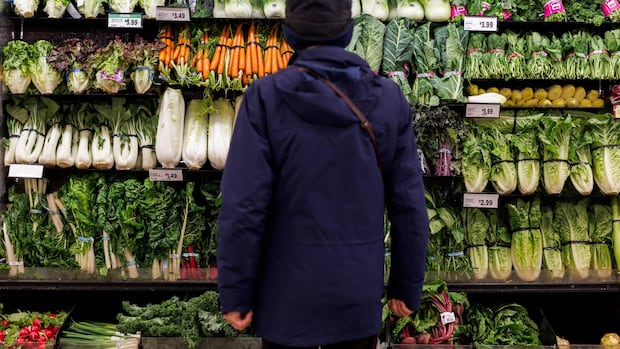Can a non-corporate grocery chain work across Canada?

The Rising Costs of Food and the Quest for Alternatives
As food prices continue to soar and Canadians express concerns about the practices of major retailers, many shoppers are exploring alternatives to Big Grocery. The cost of food has surged in recent years, with Statistics Canada reporting a 27.1% increase in prices from July 2020 to July 2025. Despite this, Canada’s top three grocers raked in $3.6 billion in profits in 2022 on over $100 billion in sales.
In a market dominated by a handful of major players such as Loblaw, Sobeys, Metro, Costco, and Walmart, consumers are raising issues beyond just price tags. Questions about labeling, weighing practices, price discrimination, anti-competitive conduct, and security have been raised at some of the country’s largest chains.
However, there are existing examples of alternative food retailing models in Canada, including co-ops, non-profits, sliding-scale stores, and farmers’ markets. Some even speculate about the possibility of city-owned grocery stores, as suggested by New York mayoral candidate Zohran Mamdami, to provide more affordable options in food deserts.
One such alternative is The Grainery, a small co-op in Halifax that offers bulk, package-free, locally sourced, mostly organic food. Spencer Osberg, a volunteer at The Grainery, has found refuge from high prices at traditional grocery stores. He notes that prices at The Grainery are significantly lower than those at large retailers, with organic quinoa priced at half the amount and steel-cut oats at a third of the cost.
Aside from the financial savings, Osberg appreciates the community-oriented atmosphere at The Grainery compared to the impersonal experience at mainstream supermarkets. He emphasizes the importance of supporting local initiatives rather than contributing to the profits of corporate giants like Loblaw.
While the idea of alternative grocery models is appealing, breaking into Canada’s food retailing sector is challenging, as outlined in a 2023 report by the Competition Bureau of Canada. The industry’s concentration of ownership makes it difficult for new businesses to compete effectively, especially against established players with entrenched consumer habits.
Despite the hurdles, there is a growing interest in co-operative stores like Federated Co-operatives Limited in Western Canada and Arctic Co-operatives Ltd. in the North. These community-owned stores offer a different shopping experience and reinvest profits back into the local economy.
Jon Steinman, the owner of a co-operative grocery store in Nelson, B.C., believes that co-ops can play a significant role in shaping the future of food retailing. He highlights the potential for co-ops to bring down general food prices in the long run, similar to how organic co-ops in the past helped mainstream organic products and reduce prices over time.
In conclusion, while alternatives to traditional grocery chains face challenges, there is a growing demand for more sustainable and community-driven food retailing models. Whether it’s through co-ops, non-profits, or other innovative approaches, consumers are increasingly seeking alternatives to the corporate-controlled grocery system.




